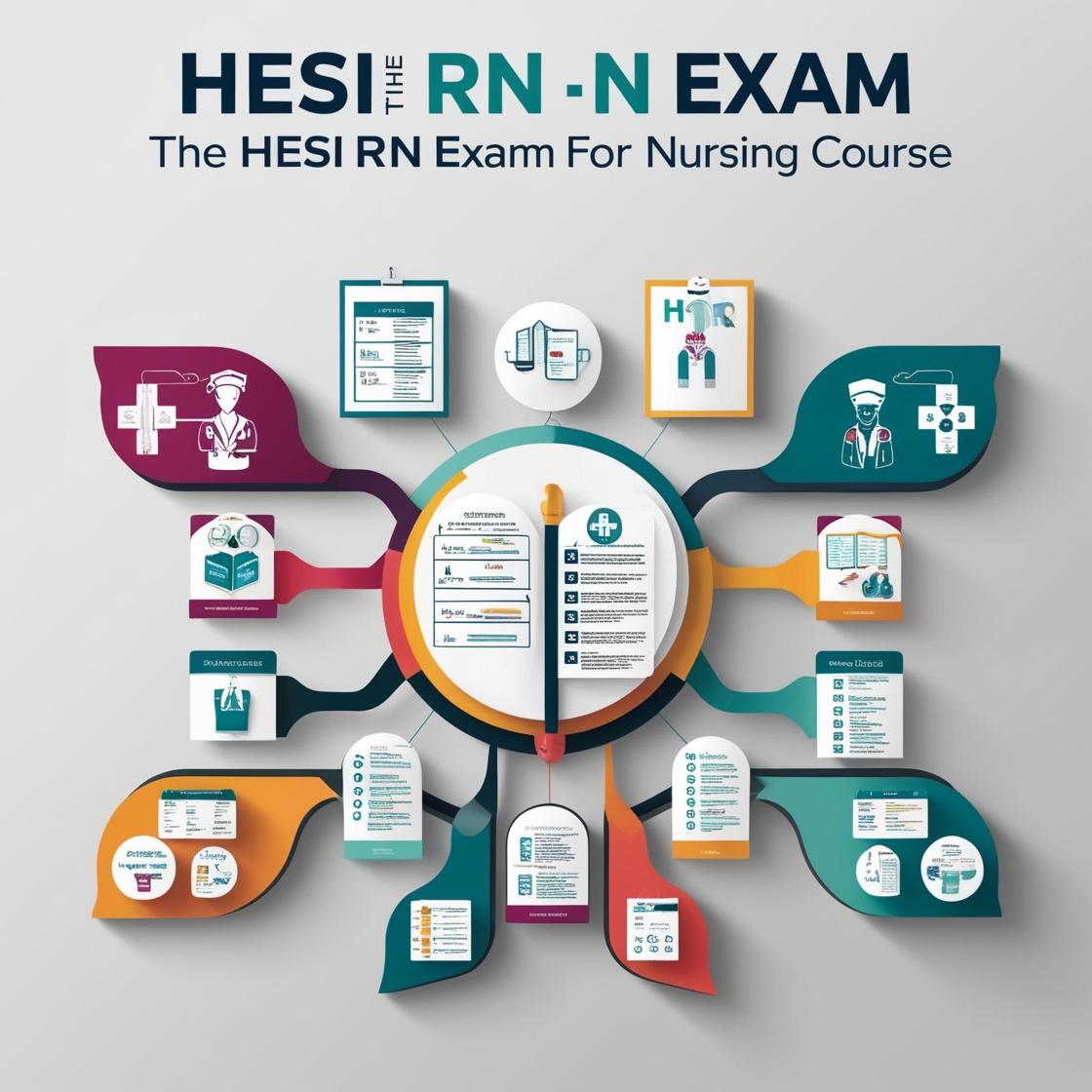HESI RN
Biology Practice Test
1. The liver is an organ responsible for detoxifying the body of many harmful substances. You might expect the liver to contain a high amount of which of the following?
- A. Rough endoplasmic reticulum
- B. Smooth endoplasmic reticulum
- C. Mitochondria
- D. Lysosomes
Correct answer: B
Rationale: The correct answer is B: Smooth endoplasmic reticulum. The liver contains a high amount of smooth endoplasmic reticulum because it plays a significant role in detoxification processes, such as the synthesis of detoxifying enzymes and lipids. Choice A (Rough endoplasmic reticulum) is incorrect because the rough endoplasmic reticulum is more involved in protein synthesis and processing. Choice C (Mitochondria) is incorrect as mitochondria are primarily responsible for energy production. Choice D (Lysosomes) is incorrect because lysosomes are organelles involved in intracellular digestion and waste removal, not specifically related to detoxification.
2. In the hierarchy of biology, cells combine to form which of the following?
- A. Macromolecules
- B. Molecules
- C. Tissues
- D. Organelles
Correct answer: C
Rationale: In the hierarchy of biology, cells combine to form tissues. Tissues are groups of cells that work together to perform specific functions. This is a fundamental level of organization above individual cells but below organs and organ systems. Macromolecules and molecules are smaller components that make up cells, not what cells combine to form. Organelles are structures within cells that perform specific functions and do not result from the combination of cells.
3. In the hierarchical organizational system, which of these is the most restrictive category?
- A. Genus
- B. Class
- C. Kingdom
- D. Species
Correct answer: D
Rationale: In the biological classification hierarchy, species is the most specific level, defining individual organisms that can interbreed. While genus, class, and kingdom are also categories in the hierarchy, they are broader and encompass a wider range of organisms compared to species. Genus groups together similar species, class groups similar orders, and kingdom is the broadest category grouping together similar phyla.
4. DNA and RNA are both subunits of which biological molecule?
- A. Nucleic acids
- B. Proteins
- C. Carbohydrates
- D. Lipids
Correct answer: A
Rationale: The correct answer is A: Nucleic acids. DNA and RNA are both types of nucleic acids, which are fundamental biological molecules responsible for storing and transmitting genetic information. Choice B, Proteins, are not subunits of DNA and RNA but are composed of amino acids. Carbohydrates, choice C, are another type of biological molecule involved in energy storage and structural support, not subunits of DNA and RNA. Lipids, choice D, are a diverse group of molecules that include fats, oils, and steroids, but they are not subunits of DNA and RNA.
5. Which of the following provides support and shape to the cell?
- A. Microtubules
- B. Microfilaments
- C. Cilia
- D. Microvilli
Correct answer: A
Rationale: Microtubules are fundamental components of the cytoskeleton in a cell, playing a crucial role in providing structural support and maintaining the cell's shape. They are composed of tubulin protein subunits and are involved in various cellular processes like cell division, intracellular transport, and cell motility. Microfilaments, on the other hand, are involved in cell movement and maintaining cell shape but are not primarily responsible for supporting the cell's overall structure. Cilia and microvilli are cellular projections that aid in movement and absorption, respectively, but they do not play a significant role in providing structural support to the cell.
Similar Questions

Access More Features
HESI RN Basic
$69.99/ 30 days
- 50,000 Questions with answers
- All HESI courses Coverage
- 30 days access @ $69.99
HESI RN Premium
$149.99/ 90 days
- 50,000 Questions with answers
- All HESI courses Coverage
- 30 days access @ $149.99
